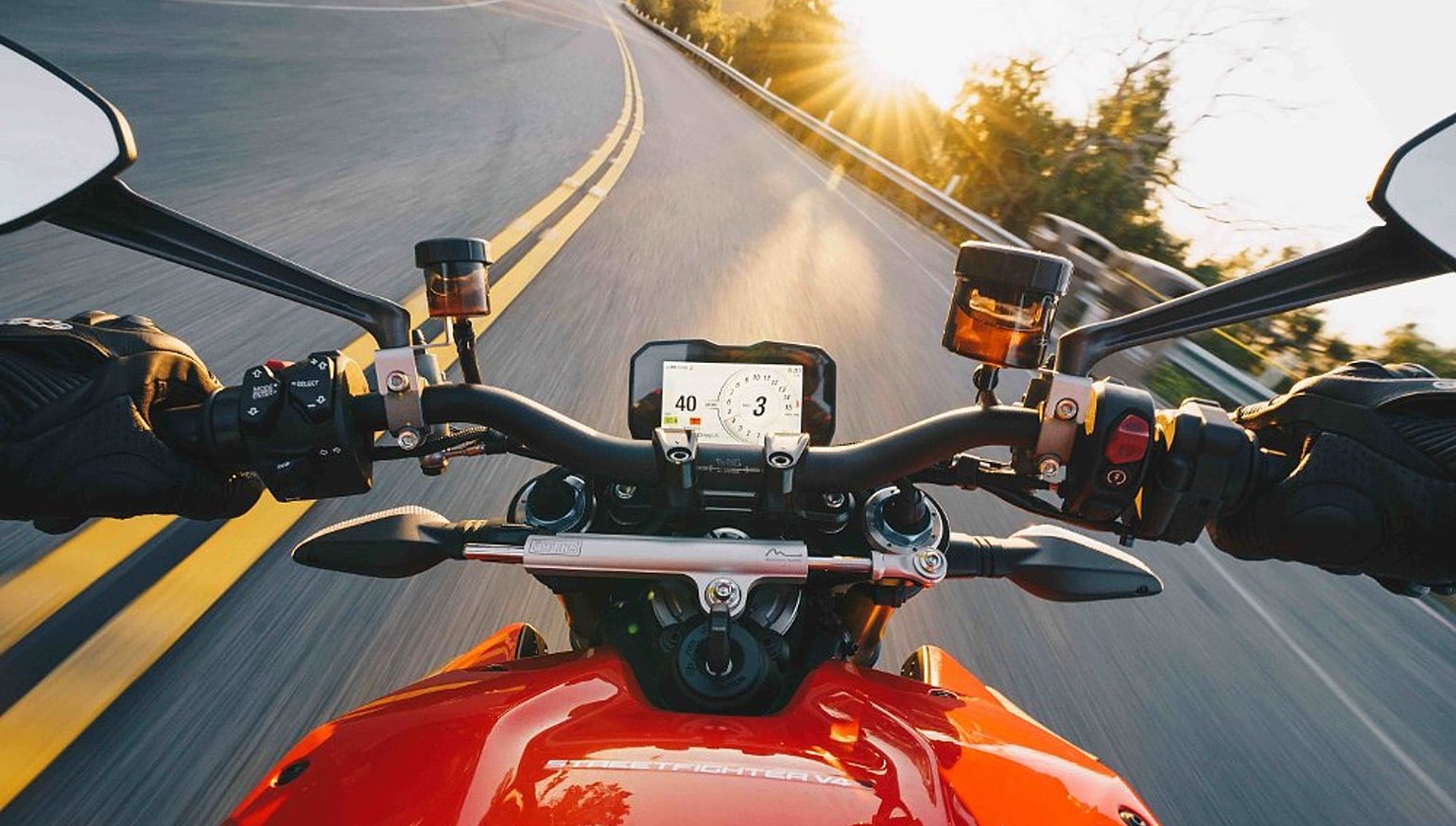- Joined
- Aug 19, 2021
- Messages
- 1,456
Getting ready to assemble the rear drum brake on my '74 MK II.
I have upgraded to RGM High Friction MZ Gold shoes.
What would be a good lubricant for the shoe pivot posts and the cam bearing surfaces?
I was thinking of using Never Seize.
I have upgraded to RGM High Friction MZ Gold shoes.
What would be a good lubricant for the shoe pivot posts and the cam bearing surfaces?
I was thinking of using Never Seize.



